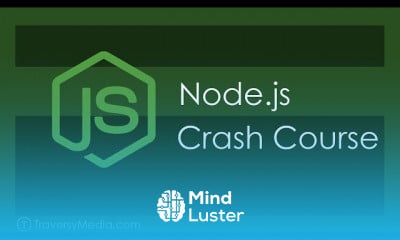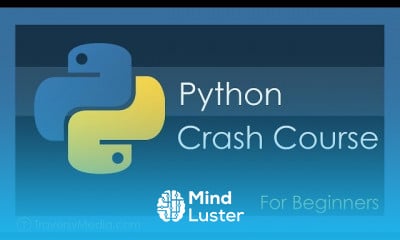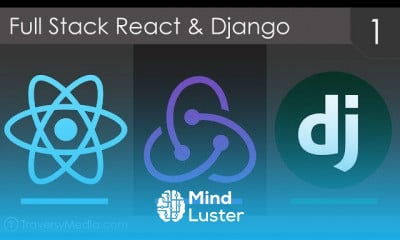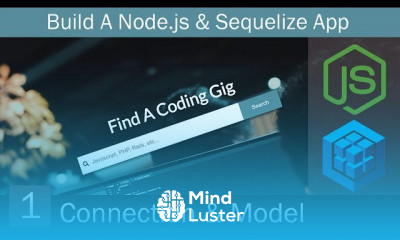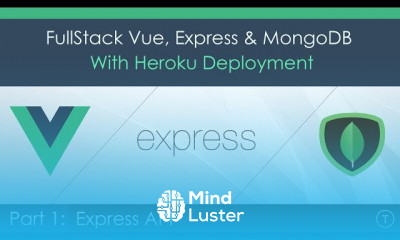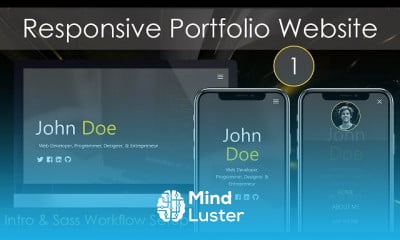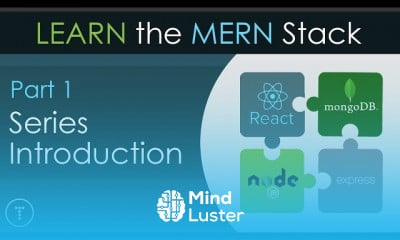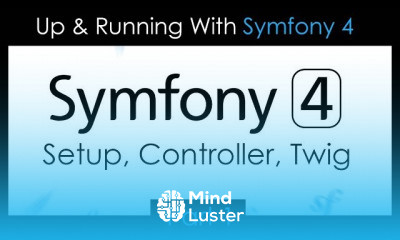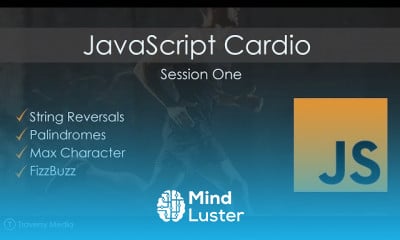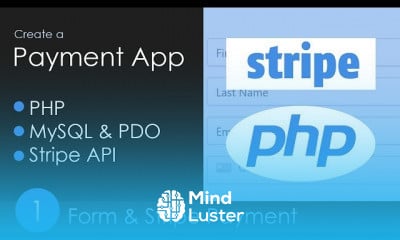Why Docker is the Perfect Fit for Microservices Production and Local Advantages
Share your inquiries now with community members
Click Here
Sign up Now
Lessons List | 10
Lesson
Comments
Related Courses in Programming
Course Description
What is Docker?
Wikipedia defines Docker as
an open-source project that automates the deployment of software applications inside containers by providing an additional layer of abstraction and automation of OS-level virtualization on Linux.
Wow! That's a mouthful. In simpler words, Docker is a tool that allows developers, sys-admins etc. to easily deploy their applications in a sandbox (called containers) to run on the host operating system i.e. Linux. The key benefit of Docker is that it allows users to package an application with all of its dependencies into a standardized unit for software development. Unlike virtual machines, containers do not have high overhead and hence enable more efficient usage of the underlying system and resources.
What are containers?
The industry standard today is to use Virtual Machines (VMs) to run software applications. VMs run applications inside a guest Operating System, which runs on virtual hardware powered by the server’s host OS.
VMs are great at providing full process isolation for applications: there are very few ways a problem in the host operating system can affect the software running in the guest operating system, and vice-versa. But this isolation comes at great cost — the computational overhead spent virtualizing hardware for a guest OS to use is substantial.
Containers take a different approach: by leveraging the low-level mechanics of the host operating system, containers provide most of the isolation of virtual machines at a fraction of the computing power.
Why use containers?
Containers offer a logical packaging mechanism in which applications can be abstracted from the environment in which they actually run. This decoupling allows container-based applications to be deployed easily and consistently, regardless of whether the target environment is a private data center, the public cloud, or even a developer’s personal laptop. This gives developers the ability to create predictable environments that are isolated from the rest of the applications and can be run anywhere.
From an operations standpoint, apart from portability containers also give more granular control over resources giving your infrastructure improved efficiency which can result in better utilization of your compute resources.
Due to these benefits, containers (& Docker) have seen widespread adoption. Companies like Google, Facebook, Netflix and Salesforce leverage containers to make large engineering teams more productive and to improve utilization of compute resources. In fact, Google credited containers for eliminating the need for an entire data center.
What will this tutorial teach me?
This tutorial aims to be the one-stop shop for getting your hands dirty with Docker. Apart from demystifying the Docker landscape, it'll give you hands-on experience with building and deploying your own webapps on the Cloud. We'll be using Amazon Web Services to deploy a static website, and two dynamic webapps on EC2 using Elastic Beanstalk and Elastic Container Service. Even if you have no prior experience with deployments, this tutorial should be all you need to get started.
Trends
Web Design for Beginners
Graphic design rules for beginners
Logo Design
Isometric design in illustrator for beginners
Psychology in graphic design for beginners
Graphic Design Basics
Accounting
Web Design Using HTML CSS
Test graphic design skills for beginners
Graphic Design | Photoshop
Logo design tools in illustrator
Designing text effects in photoshop
Figma Signing Up and Signing In
Creative 3D logos in illustrator CC
Web Design 101 Free Full Course
CMA salaries in accounting and finance
Financial Accounting
Food banner design in photoshop for beginner
Microsoft excel for accounting and finance
Microsoft Access
Recent
Heart mandala art for beginners
Raksha bandhan mandala art
Tiger mandala art drawing
Onam mandala art
Birthday mandala art drawing
Apple mandala art drawing
Elephant mandala art drawing
Mothers day mandala art drawing
Birds mandala art drawing
Gudi Padwa mandala art
Ugadi mandala art
Ramadan mubarak mandala
Makar sankranti mandala art
Yoga mandala art drawing
Flute and feather mandala art
Friendship day mandala art drawing
Leaf mandala art for beginners
Ramadan mubarak mandala art drawing
Happy easter mandala art
Mandala drawing for beginners




